25+ Sample IT Budget
-
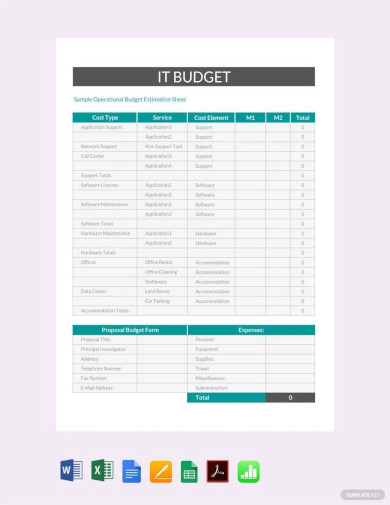
IT Budget
download now -

IT Budget Planning Sheet
download now -
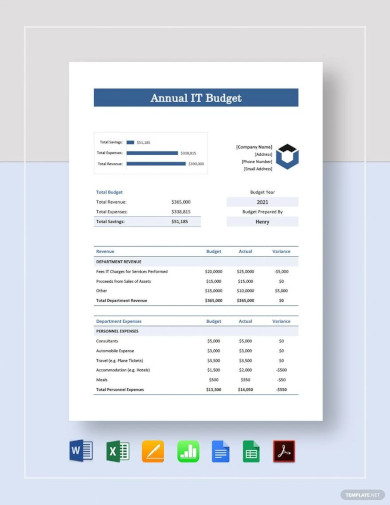
Annual IT Budget
download now -
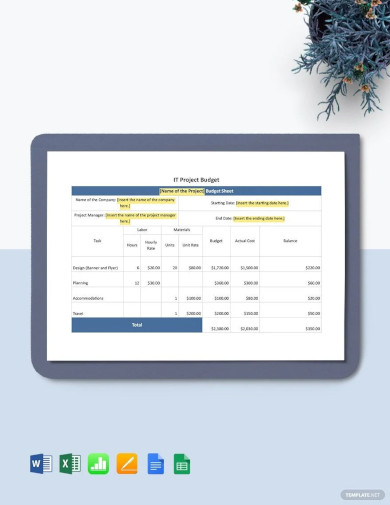
IT Project Budget
download now -
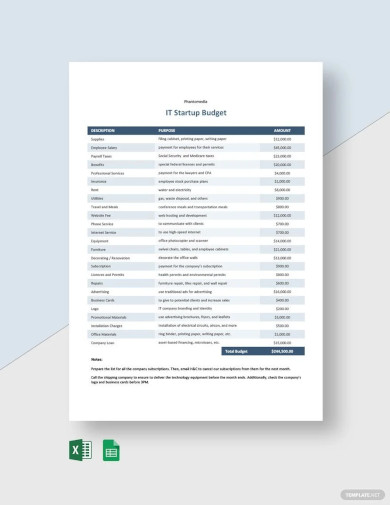
IT Startup Budget
download now -
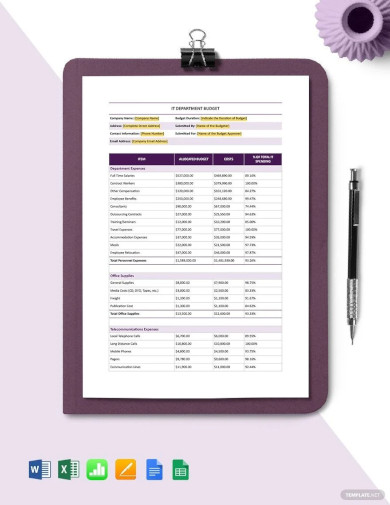
IT Department Budget
download now -
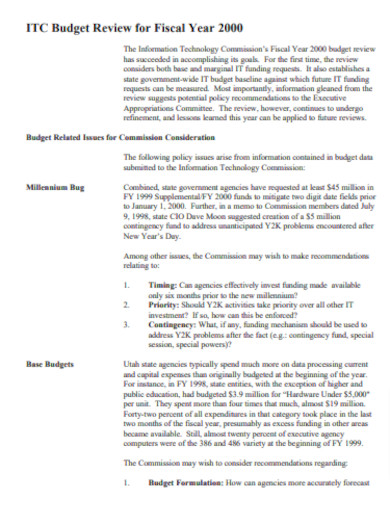
IT Budget Review
download now -
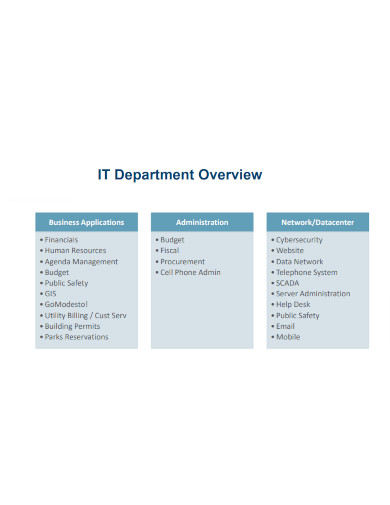
IT Budget Workshop
download now -
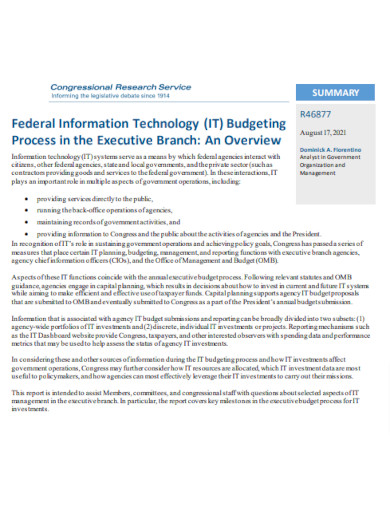
IT Budget Overview
download now -
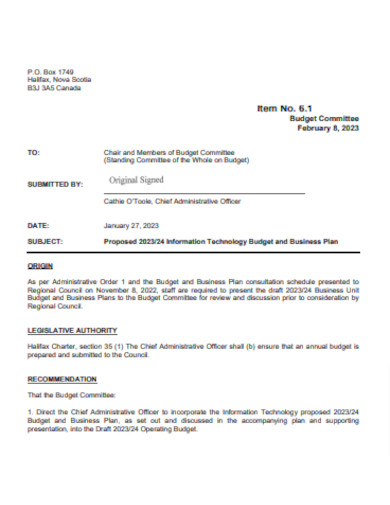
IT Budget Business Plan
download now -
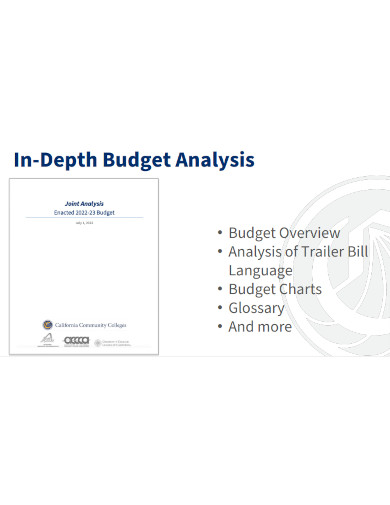
IT Annual Budget
download now -
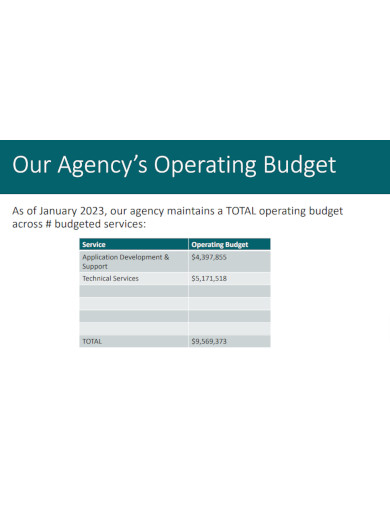
IT Budget Outline
download now -
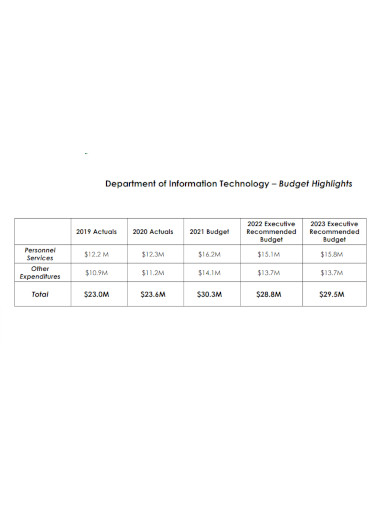
Simple IT Budget
download now -
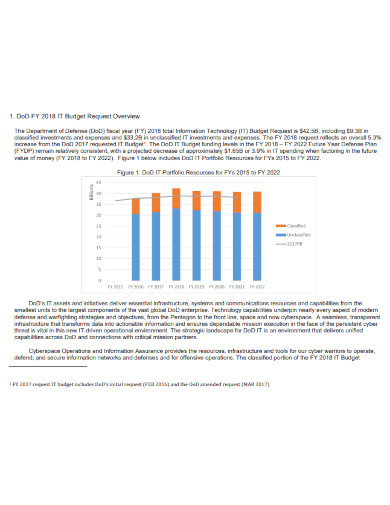
IT Budget Request
download now -
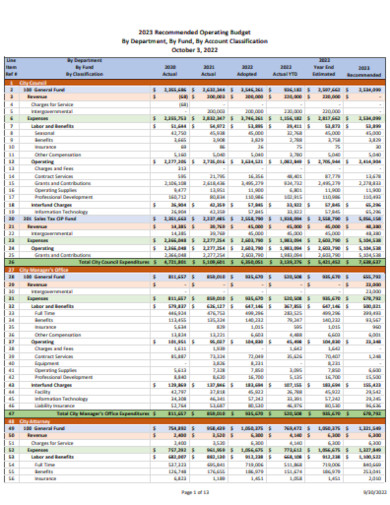
IT Budget Layout
download now -
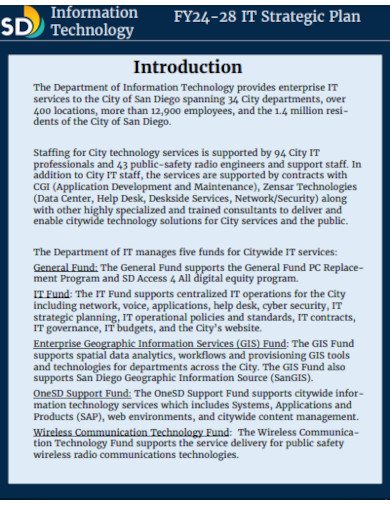
IT Budget Plan
download now -
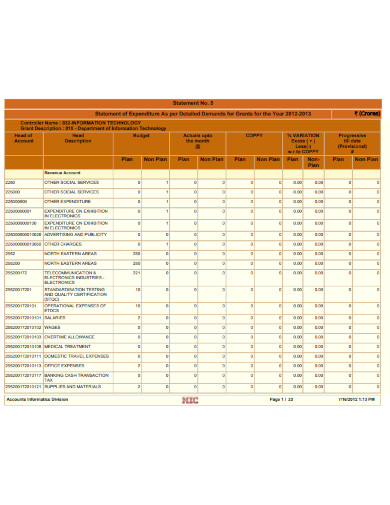
IT Budget Format
download now -
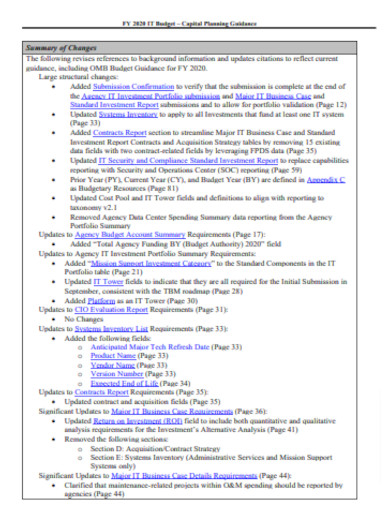
IT Budget Guidance
download now -
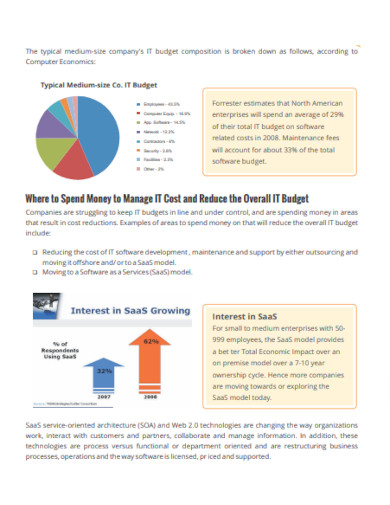
IT Business Budget
download now -
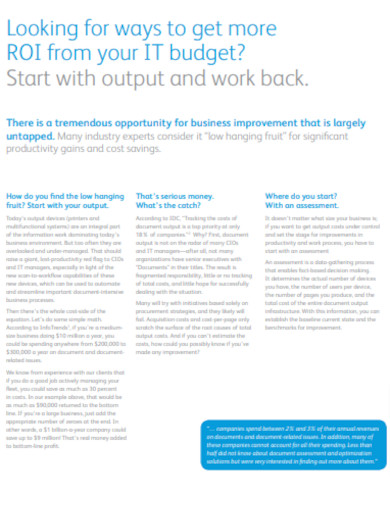
Sample IT Budget
download now -
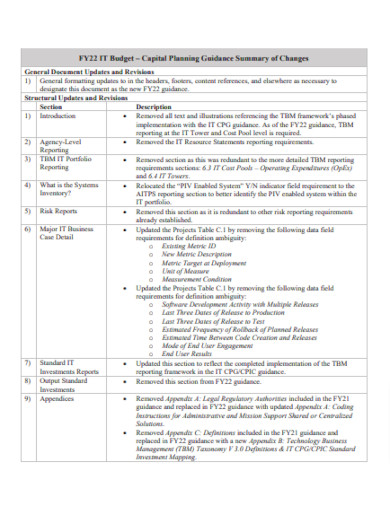
IT Planning Budget
download now -
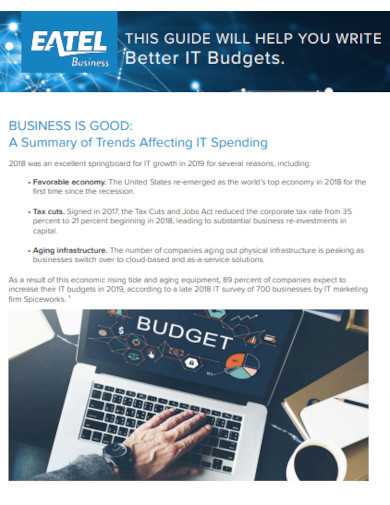
IT Budget Summary
download now -
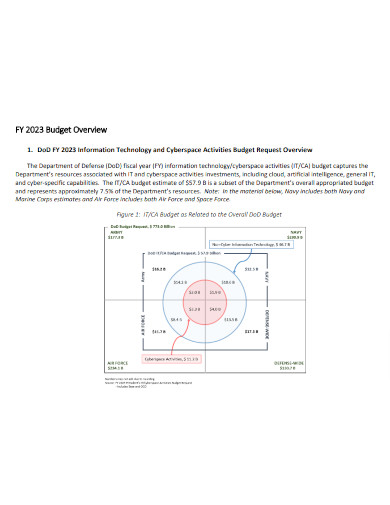
IT Budget Request Overview
download now -
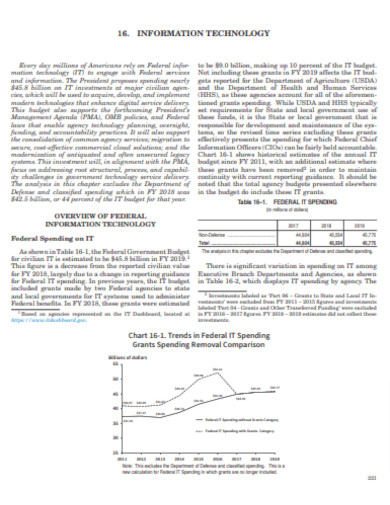
Basic IT Budget
download now -
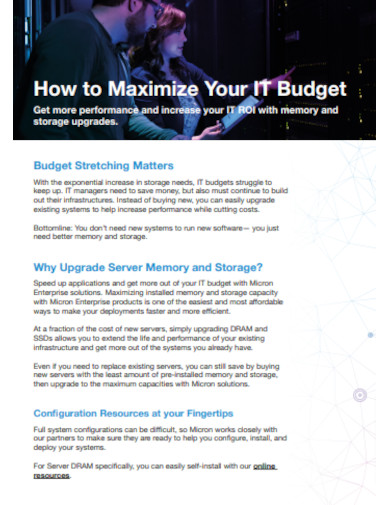
Printable IT Budget
download now -
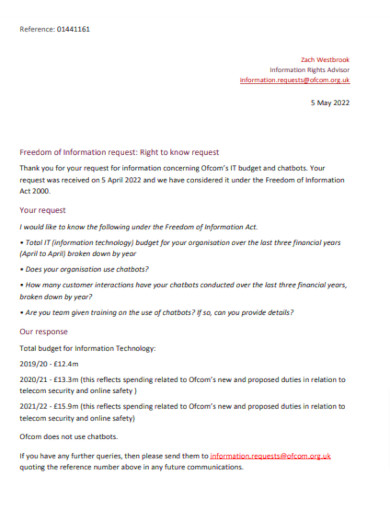
IT Budget Guide
download now
FREE IT Budget s to Download
25+ Sample IT Budget
Definition
History and Evolution of IT Budgeting
Components of an IT Budget
Understanding Capital Expenditures (CapEx) vs. Operating Expenditures (OpEx)
Factors Influencing IT Budget Allocation
The Role of Cloud Computing in IT Budgeting
The Importance of IT Budgeting
FAQ’S
How can I account for unexpected IT expenses?
Should cybersecurity have its own budget line?
How do economic factors influence IT budgeting?
How do mergers or acquisitions affect IT budgets?
How can small businesses effectively manage their IT budgets?
Definition
The term “IT budget” refers to the allocation of financial resources for information technology within an organization. It includes the costs associated with hardware, software, infrastructure, personnel, training, maintenance, and any other IT-related expenses.
History and Evolution of IT Budgeting
From the mainframe computers of yesteryears to the present-day digitized business models, IT budgeting has evolved dramatically. Initially focused on hardware expenditures, modern IT budgets now consider everything from digital transformation initiatives to cybersecurity measures. As the role of IT has grown, its alignment with business strategy has become more pronounced.
Components of an IT Budget
Any comprehensive IT budget encompasses a spectrum of expenses:
- Hardware expenses range from servers to employee laptops.
- Software licenses and subscriptions cover both foundational and niche applications.
- Personnel and training emphasize the human aspect of IT, investing in expertise and continuous learning.
- Maintenance and support ensure the longevity and reliability of IT assets.
- Future projects and innovation reserve capital for strategic endeavors that drive future business growth.
Understanding Capital Expenditures (CapEx) vs. Operating Expenditures (OpEx)
Distinguishing between CapEx and OpEx remains paramount in IT budgeting. While CapEx typically involves one-time large-scale investments (like server purchases), OpEx covers ongoing expenses such as monthly software subscriptions. The bifurcation not only impacts the financial statements but also informs strategic budgetary decisions.
Factors Influencing IT Budget Allocation
- Business objectives and growth targets dictate where investments are most needed.
- Technological trends and advancements can render certain expenditures obsolete while prioritizing others.
- Amidst a fiercely competitive landscape, companies may need to invest more in IT to gain an edge.
- Regulatory and compliance considerations can mandate specific IT expenses to avoid hefty penalties.
The Role of Cloud Computing in IT Budgeting
The proliferation of cloud models, such as Software-as-a-Service (SaaS), has ushered in a paradigm shift in IT budgeting. While upfront hardware costs may reduce, subscription expenses rise. Moreover, the cloud offers scalability, but it demands a nuanced understanding of cost structures.
The Importance of IT Budgeting
Modern enterprises rely heavily on technology for daily operations. Proper budgeting ensures:
- Efficient use of financial resources.
- Alignment of technology investments with business goals.
- Minimization of unforeseen IT-related financial challenges.
FAQ’S
How can I account for unexpected IT expenses?
It’s wise to allocate a portion of the IT budget for contingencies or unforeseen expenses. This provides a financial cushion for unexpected events, such as security breaches or hardware failures.
Should cybersecurity have its own budget line?
Given the increasing threats in the digital realm, many organizations separate cybersecurity expenses as its own line to ensure adequate allocation and focus on this critical area.
How do economic factors influence IT budgeting?
Global economic conditions, such as recessions or currency fluctuations, can impact an organization’s revenue and thus its ability to allocate funds to IT. Budgets may need adjustments based on prevailing economic climates.
How do mergers or acquisitions affect IT budgets?
Mergers and acquisitions often require harmonizing disparate IT systems, which can lead to short-term increases in IT expenses. Budgets should account for integrative and harmonization endeavors during such events.
How can small businesses effectively manage their IT budgets?
Small businesses should prioritize essential IT needs, leverage cost-effective solutions like cloud services, regularly review their IT spend, and consider outsourced or managed IT services for better cost management.
IT budgeting, encompassing various aspects, represents the transformation of technology’s significance in the corporate world. Shifting from a basic requirement to a vital strategic force, IT budgeting will shape and be shaped by the future business environments.
